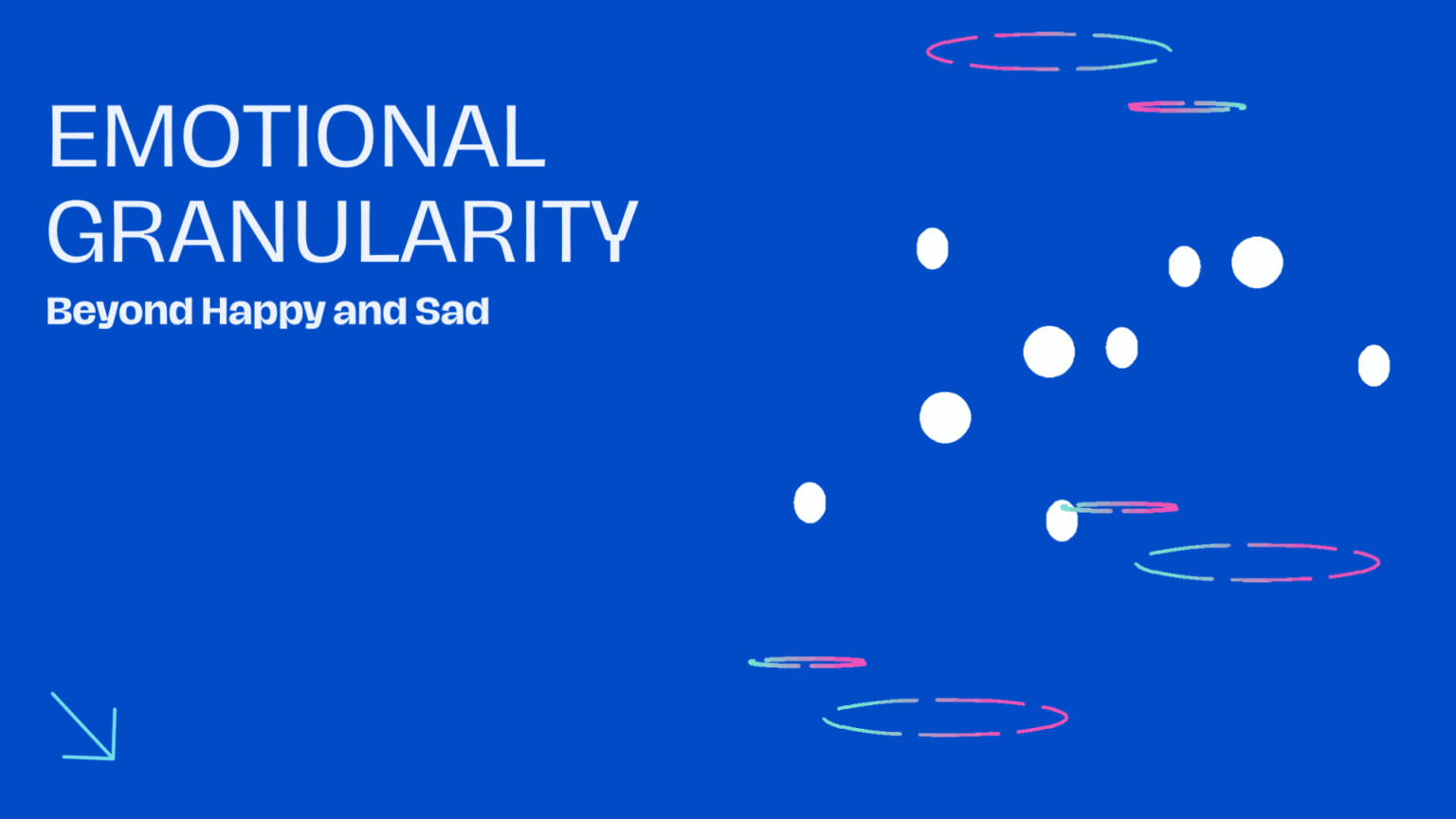Top Mental Health Apps: Pocket-Sized Resources for Mental Wellbeing
Today’s fast-paced world can certainly take a toll on our mental health. With the rise of technology and smartphone apps, mental health care has become more easily accessible and convenient. In this article, we will discuss how to choose the best mental health app for your needs, explore various types of mental health apps, and examine how these pocket-sized resources can support and enhance traditional mental health treatment. Let’s take a journey through the world of mental health and wellness apps!
Choosing the Best Mental Health App for Your Needs
Assessing Your Mental Health Concerns
Before diving into the app store, it’s crucial to first assess your mental health concerns and identify your specific needs. Different apps cater to various aspects of mental wellness, from addressing stress and anxiety to more complex mental health conditions. Be sure to consider your mental health symptoms, personal preferences, and goals when selecting an app that works for you.
Comparing Features and Benefits of Different Apps
When choosing a mental health app, it is important to compare features and benefits offered by different apps. From guided meditations to breathing exercises and mood tracking, consider what each app offers and how these techniques can help improve your mental wellbeing. Keep in mind that many mental health apps offer a free version, while others may require a monthly subscription or in-app purchases. Don’t be afraid to try several free mental health apps to find the one that best suits your unique needs.
Considering Professional Recommendations
Discuss potential mental health apps with a mental health professional who can offer informed recommendations based on evidence-based practices. Their expertise will guide you to apps designed to help various mental health concerns and ensure you have the necessary resources to navigate your mental wellness journey effectively.
5 Key Types of Mental Health Apps
Mindfulness and Meditation Apps
Mindfulness and meditation apps are designed to help you learn and practice skills that can promote mental wellness and emotional resilience. These apps usually offer guided meditation sessions, deep-breathing exercises, and other relaxation techniques. They can be a great resource for those seeking to reduce stress, find inner peace, or improve mental focus.
Therapy and Counseling Apps
Online therapy and counseling apps offer convenient access to licensed mental health professionals, connecting users to support through chat, video, or phone sessions. These apps can help individuals address various mental health issues, like anxiety and depression, and may also provide additional resources like journaling and mood tracking.
Stress and Anxiety Management Apps
Apps specifically focused on stress and anxiety management typically offer tools and resources to help users recognize and address negative thought patterns, develop coping skills, and reduce overall stress levels. These apps may feature relaxation exercises, anxiety-reducing games, or behavioral modification activities.
Depression Support Apps
Depression support apps are designed to help users monitor and manage their mood, providing various tools to track changes over time, identify triggers, and develop coping strategies. Some apps may also include access to peer support groups, mental health resources, and professional help if needed.
Bipolar Disorder and Mood Tracking Apps
Mood tracking apps designed specifically for individuals with bipolar disorder can help users manage their condition by identifying patterns and trends in their mood, energy levels, and triggers. By tracking this information, users can share data with their mental health professionals to better inform treatment plans and monitor progress.
Best Mental Health Apps for Kids and Teens
Age-Appropriate Content and Features
For young people, it is essential to choose mental health apps with age-appropriate content and features designed for their developmental stages. Many apps for kids and teens focus on teaching coping skills, mindfulness techniques, and emotional regulation in engaging and interactive ways.
Parental Controls and Involvement
Parental controls and involvement are crucial when selecting mental health apps for kids and teens. Consider apps with parental monitoring options, and always be prepared to discuss and support your child’s mental wellness journey.
Promoting Mental Wellness at an Early Age
By introducing mental health apps and resources at an early age, parents can help their children develop a strong foundation for maintaining mental wellbeing. Encouraging mindfulness, open communication, and emotional awareness will significantly impact their overall health and wellness throughout life.
Combining Mobile Apps with Traditional Mental Health Care
Integrating App Use into Therapy Sessions
Consider discussing app usage with your mental health professional, as they can provide guidance on how to effectively integrate app use into your therapy sessions. Sharing insights gained from app usage can support and enhance traditional mental health treatment.
Discussing App Usage with a Mental Health Professional
Engaging in an open dialogue with a mental health professional about the apps you use can lead to a more personalized and effective treatment plan. They can offer guidance on how to best utilize the features and benefits of the apps in conjunction with your ongoing therapy.
Understanding the Limitations of Smartphone Apps
Although mental health apps can be valuable resources, it is important to understand their limitations. They are not a substitute for professional mental health care or treatment and should be used as complementary tools to support your mental wellness journey.
Additional Resources to Support Your Mental Wellness Journey
Online Communities and Support Groups
Online communities and support groups can offer invaluable support and resources to individuals managing mental health conditions. Connecting with others who share similar experiences can promote understanding, encouragement, and hope.
Professional Mental Health Services and Treatment Options
Alongside mental health apps, explore professional treatment options, like therapy or counseling, medication management, or alternative therapies. A comprehensive approach that combines multiple resources will ultimately provide the best foundation for mental health and wellness.
Books, Articles, and Webinars on Mental Health Topics
Expand your knowledge and understanding of mental health by delving into books, articles, and webinars on various topics. Educational resources can help empower individuals to take control of their mental wellbeing and make informed decisions regarding their mental health care.
Q: How do therapy apps contribute to mental well-being?
A: Therapy apps help improve mental well-being by providing accessible resources, such as guided therapy sessions, mindfulness activities, and educational materials, so users can effectively work on their emotional health.
Q: Can mindfulness apps really help with my mental health?
A: Yes, mindfulness apps can help improve your mental health by teaching relaxation techniques, increasing self-awareness and helping you manage stress. The more consistent you are with using these apps and practicing mindfulness, the higher the chances are that you will notice improvements.
Q: What are the top 5 mental health apps recommended for mental wellbeing?
A: The top 5 mental health apps for mental wellbeing include Calm, Headspace, Moodpath, Pacifica, and Talkspace. These apps offer features like guided meditations, mood tracking, and virtual therapy sessions to help users address various common mental health issues.
Q: How do mental health apps work?
A: Most mental health apps work by offering various resources and tools, such as self-assessment quizzes, mood tracking, guided therapy sessions, and content about mental health. They aim to equip users with strategies to manage their emotional health and lead a balanced life.
Q: Why should I use apps for mental health?
A: Apps for mental health provide accessible resources that can complement traditional therapy, improve self-awareness, and teach healthy coping strategies. These apps provide a convenient way to work on your mental health and take a proactive approach to your overall well-being.
Q: Are there any free mental health apps?
A: Yes, there are free mental health apps available, such as Insight Timer, Moodfit, and Seven – 7 Minute Workout. While free to download, some apps may offer a limited free version with in-app purchases or subscriptions for advanced features.
Q: How can I determine which mental health app is right for me?
A: To find the right mental health app, assess your needs and goals, then research apps available and their respective features. Test a few apps before committing, and choose the one that best fits your personal preferences and requirements.
Q: What are the limitations of mental health apps?
A: While mental health apps can be helpful, they may not be a one-size-fits-all solution. Some mental health apps aren’t as effective as traditional therapy for severe mental illnesses. Additionally, mental health apps may not cater to every unique personal experience, so it’s important to keep that in mind before relying solely on these apps.
Q: How do mental health apps compare to traditional therapy?
A: Mental health apps can be a valuable supplement to traditional therapy, but they might not replace it entirely, especially for severe mental health issues. Apps provide accessible resources for improving emotional well-being, while traditional therapy offers personalized professional guidance and support from a licensed therapist.
Q: Are mental health apps confidential?
A: Most mental health apps prioritize user privacy, but it is essential to check the app’s privacy policy to ensure that your data is secure. Reputable mental health apps should encrypt your information and adhere to strict standards to protect user confidentiality.










